
- Za darmo
ebook Sustainable development Crossing borders, breaking stereotypes
Odkryj świat zrównoważonego rozwoju w najnowszym ebooku od wydawnictwa Wydawnictwa Uniwersytetu Warszawskiego z 2021 roku, napisanym po angielsku. Zanurz się w fascynującą analizę wpływu rozwoju społeczno-gospodarczego na środowisko w Polsce i krajach Ameryki Łacińskiej. Autorzy eksplorują istotne tematy takie jak zrównoważony rozwój, ryzyko i lokalny rozwój, oferując głęboką perspektywę na te wyzwania.
Ten unikalny ebook Sustainable development jest kontynuacją wcześniejszych badań geografów z Polski i Ameryki Łacińskiej. Zawiera nowe studia przypadków i koncepcje dotyczące zrównoważonego rozwoju, które pomogą Ci lepiej zrozumieć te złożone zagadnienia.
Napisany przez wybitnych naukowców, w tym prof. dr hab. Mirosławę Czerny, ebook dostarcza cennych informacji na temat krajów rozwijających się i Ameryki Łacińskiej. Profesor Czerny dzieli się swoją bogatą wiedzą zdobytą podczas licznych podróży i współpracy z ośrodkami badawczymi na całym świecie.
Dostępny do pobrania w formacie PDF, ebook ten jest idealnym źródłem wiedzy dla tych, którzy pragną pogłębić swoją świadomość na temat zrównoważonego rozwoju. Ciesz się czytaniem ebooka Sustainable development, który jest nie tylko bogatym źródłem informacji, ale także inspiracją do zmiany naszego podejścia do zarządzania zasobami i ochrony środowiska.
Znajdź ten cenny ebook w sklepie z ebookami lub kup go bezpośrednio. Czytanie ebooków to wygodna metoda zdobywania wiedzy, a format PDF gwarantuje łatwy dostęp do treści.
Nie przegap tej wyjątkowej okazji do zgłębienia tematu zrównoważonego rozwoju. Pobierz ebook Sustainable development i odkryj, jak możemy wspólnie budować lepszą przyszłość dla naszej planety.
Spis treści ebooka Sustainable development
Introduction 9Mirosława Czerny, Ciro Alfonso Serna Mendoza
I. Understanding and implementing the concept
of sustainable development
Eco-accounting: a vision for “the Care of the Common” from the thought-feeling perspective 15
Ciro Alfonso Serna Mendoza, Eutimio Mejía Soto
Ecosystem services as determinants of poverty 23
Hanna Orjuela, Duván Ramírez
Bio-accounting recognition approach of agronomic properties in Brachiaria humidicola pastures under a Silvopastoral System in the humid Amazon tropics 38
Víctor Julio Balanta Martínez, Ciro Alfonso Serna Mendoza
II. Regional issue
Peace, healthy environment, and autonomy. Agroecological practices as transformation alternative in Colombian rural Andean communities 57
Diana María Rodríguez-Herrera, Luisa María Achicanoy Gómez, Aida Milena García Arenas
Environmental governance in south-central Caldas, a reflection on public policy for risk management 66
Jaime Mejía Gutiérrez
Infrastructure megaprojects observed: “the Grid” and “the Prophecies” 78
Paweł Wiechetek
Determinants of the intensity of environmental conflicts in Latin America. Statistical perspective 89
Maciej Kałaska
III. Urban issue and sustainability
Megacity Buenos Aires and its most recent conurbation impact 101
Gustavo D. Buzai, Claudia A. Baxendale, Eloy Montes Galbán
Urban conflicts over the space. The case of Manizales, Colombia 114
Mirosława Czerny, Andrzej Czerny
Functions of public space and virtual space – a post-pandemic scenario 127
Dorota Mantey
Revitalisation and adaptation of cities in Poland. Inconsistent processes 147
Agnieszka Dudzińska-Jarmolińska, Karolina Ćwiklińska
Discount trade in big city space – development or regress of a phenomenon? 164
Magdalena Fuhrmann
Architecture styles in the process of spatial nationalization on the example of interwar Bydgoszcz 177
Jan Szczepański
Vegetation and ‘Biophilia’ from architectural design 189
César Alejandro Vargas Esperón
The appropriation of public space in the Gasca community. A battered star 203
Alejandra Ojeda Sampson
IV. Sustainability, social issues, governance
Social and territorial inequality in Colombia 213
Luis Alfredo Muñoz Velasco, Sylwia Kulczyk
Rural youth and migration. Lessons learned in times of pandemic 231
Claudia Jurado Alvarán
Citizen electoral participation for Colombian sustainable development 243
Hernando Gil Tovar
(Dis)ordered bodies: gender and territorial planning in La Celia, Risaralda, Colombia 262
Juan Camilo Betancur Jaramillo
Citizens, territory and disaster risk: a complex relationship for participation in Colombia 270
Tulia Elena Hernández Burbano, Javier Gonzaga Valencia Hernández
V. Nature and conflicts over sustainable development
Integral diagnosis and conservation strategies for the Otomí Mexica Park of the State of Mexico. A systemic analysis on protected natural areas 281
Jesús Gastón Gutiérrez Cedillo, Luis Miguel Espinosa Rodríguez, Daniel Villegas Martínez
Objective six of sustainable development 2030: characterization in hydrosocial territory in the south of the State of Mexico 295
Alan Noe Jim Carrillo Arteaga, Jesús Castillo Nonato
Industrialization of the Amazon, a dialectical antagonism 309
Yuri Sandoval Montes, Gema Elvira Rios Araníbar
Heat sources in the Eastern region of Bolivia between 2000 to 2019 317
Guillermina Miranda Torrez
Trade trends in cyberspace before COVID-19. The case of online commerce in Mexico 336
Martha Cedillo Alonso, Francisco Monroy Gaytán, Rodrigo Huitrón Rodríguez
COVID-19 in Mexico. Space-time behavior from the socio-spatial constraints, February–October, 2020 349
Marcela Virginia Santana Juárez, Giovanna Santana Castañeda, Luis Ricardo Manzano Solís, Noel Bonfi lio Pineda Jaimes, Rebeca Angélica Serrano Barquín
Facing sanitarian crisis: between sustainability and compatibility 361
Guillermo Torres Carral
Water management: environmental and social impacts of dam construction 368
Bruna Angela Branchi, Cibele Roberta Sugahara, Denise Helena Lombardo Ferreira
Economic valuation of flood control ecosystem service in natural wetlands. State of the art 376
Christian Alejandra Vidal Sierra, Ciro Alfonso Serna Mendoza, Coral Jazvel Pacheco Figueroa, Gloria Yaneth Flórez Yepes
VI. Education about and application of sustainable development
Earth science in education and its purpose in liquid modernity 389
Ciro Alfonso Serna Mendoza, Diana Sofía Serna Giraldo
“How were we supposed to know?” – the problem of embedding education for sustainable development in the learning process. Examples of New Zealand, France and Poland 400
Małgorzata Klein
Equal access to education as an aspect to serve Mexico vulnerable population by 2020 411
Agustín Olmos Cruz
Do SDGs have a transformative power? 2020 Human Development Report The next frontier. Human development and the Anthropocene as a new perspective to view
Sustainable Development Goals 422
Bogumiła Lisocka-Jaegermann
Szczegóły ebooka Sustainable development
- Wydawca:
- Wydawnictwa Uniwersytetu Warszawskiego
- Rok wydania:
- 2021
- Typ publikacji:
- Ebook
- Język:
- angielski
- Format:
- epub mobi pdf
- Redakcja:
- Ciro Alfonso Serna Mendoza
- Liczba stron:
- 430
- Miejsce wydania:
- Warszawa
- ISBN dla wersji papierowej:
- 9788323548782
Recenzje ebooka Sustainable development
-
Reviews (0)

Na jakich urządzeniach mogę czytać ebooki?
- Za darmo


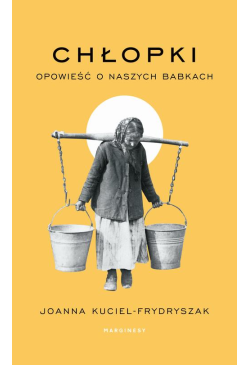

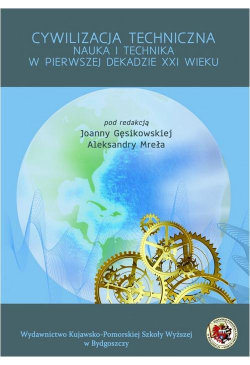
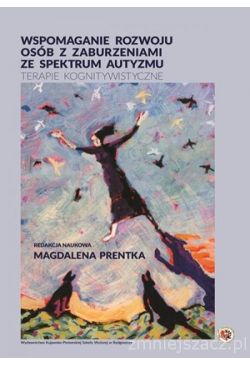
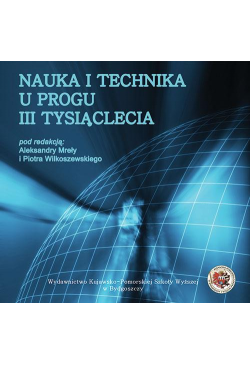
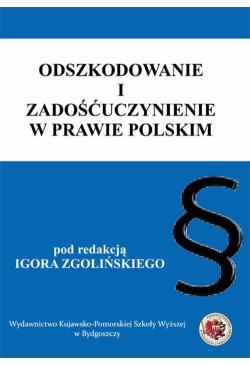
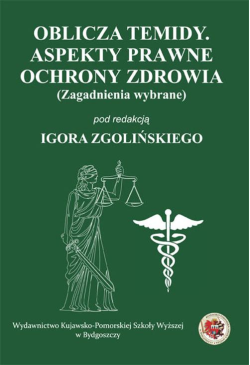
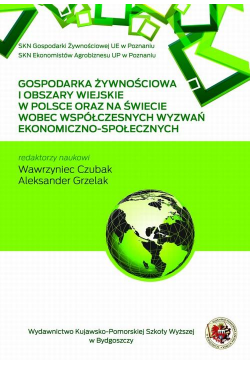
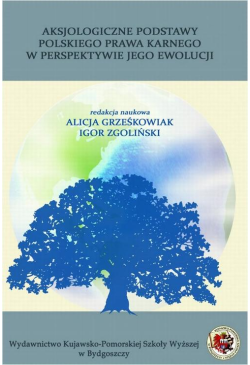
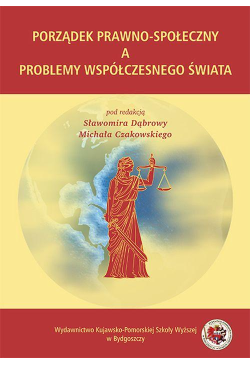
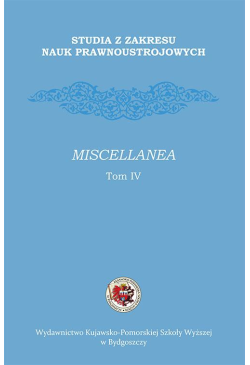
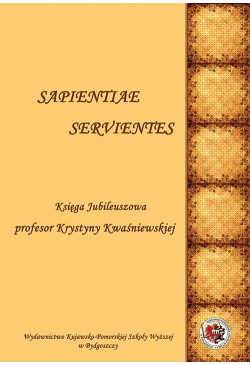
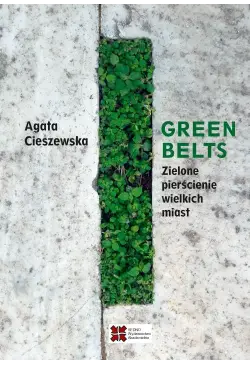
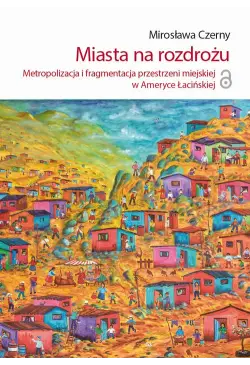
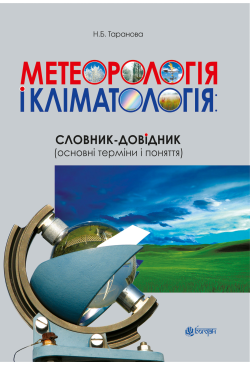

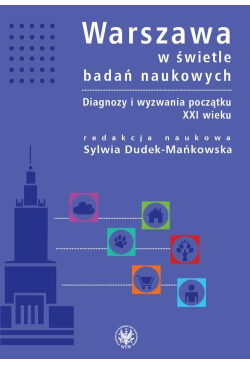
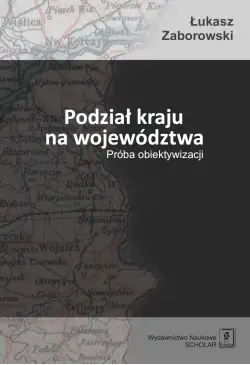
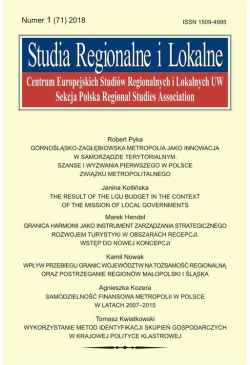
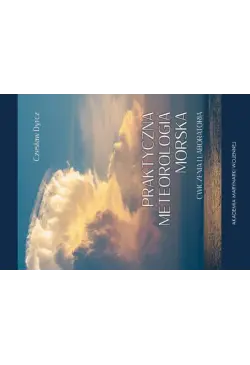
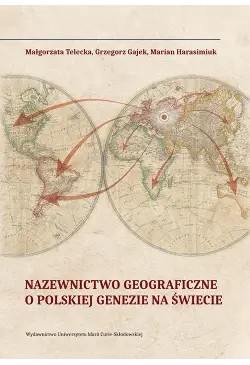
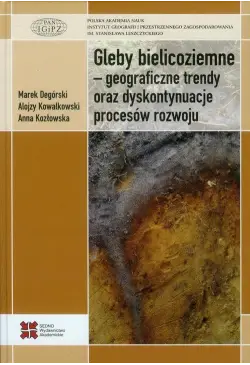

@CUSTOMER_NAME@
@COMMENT_TITLE@
@COMMENT_COMMENT@